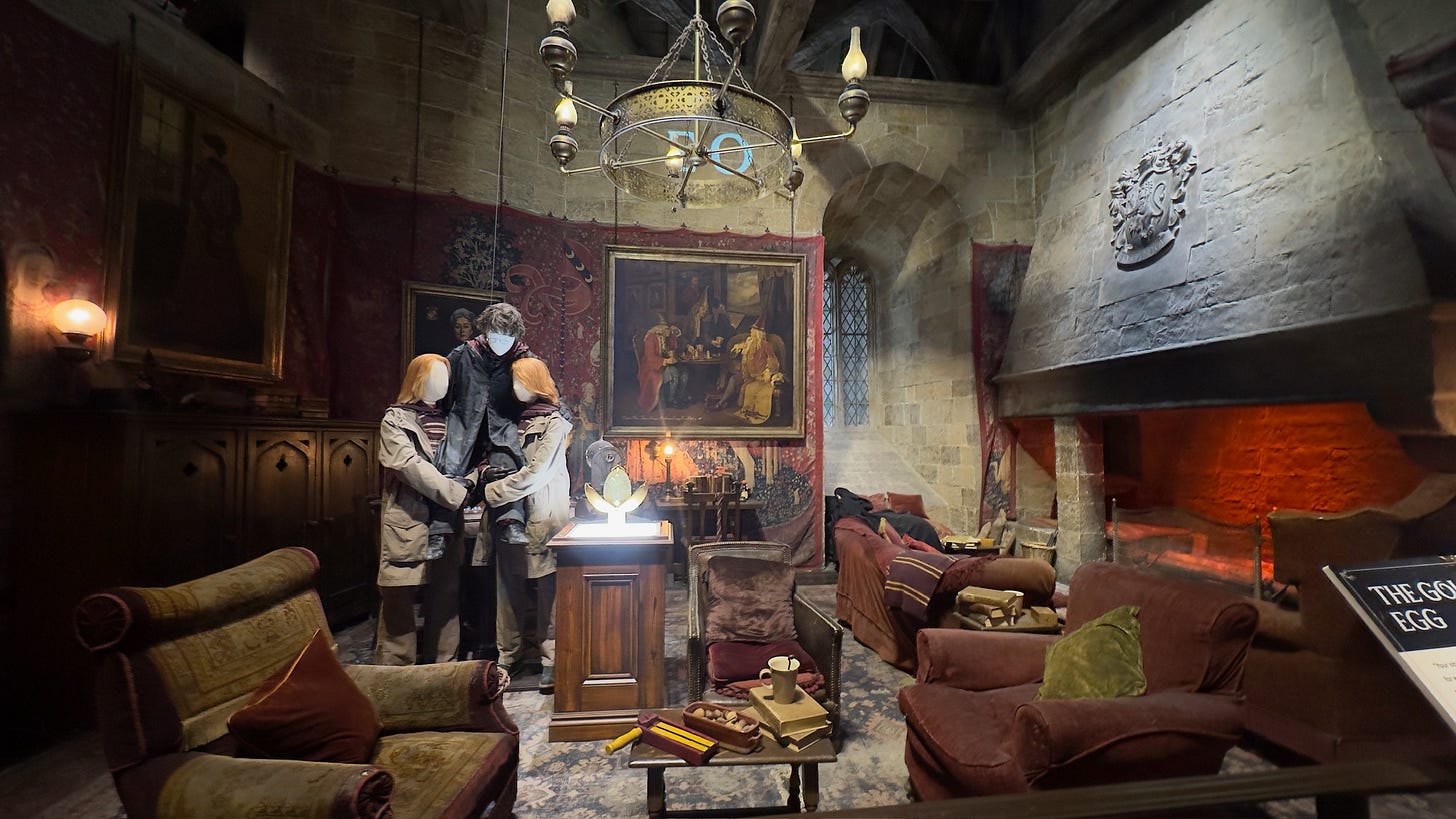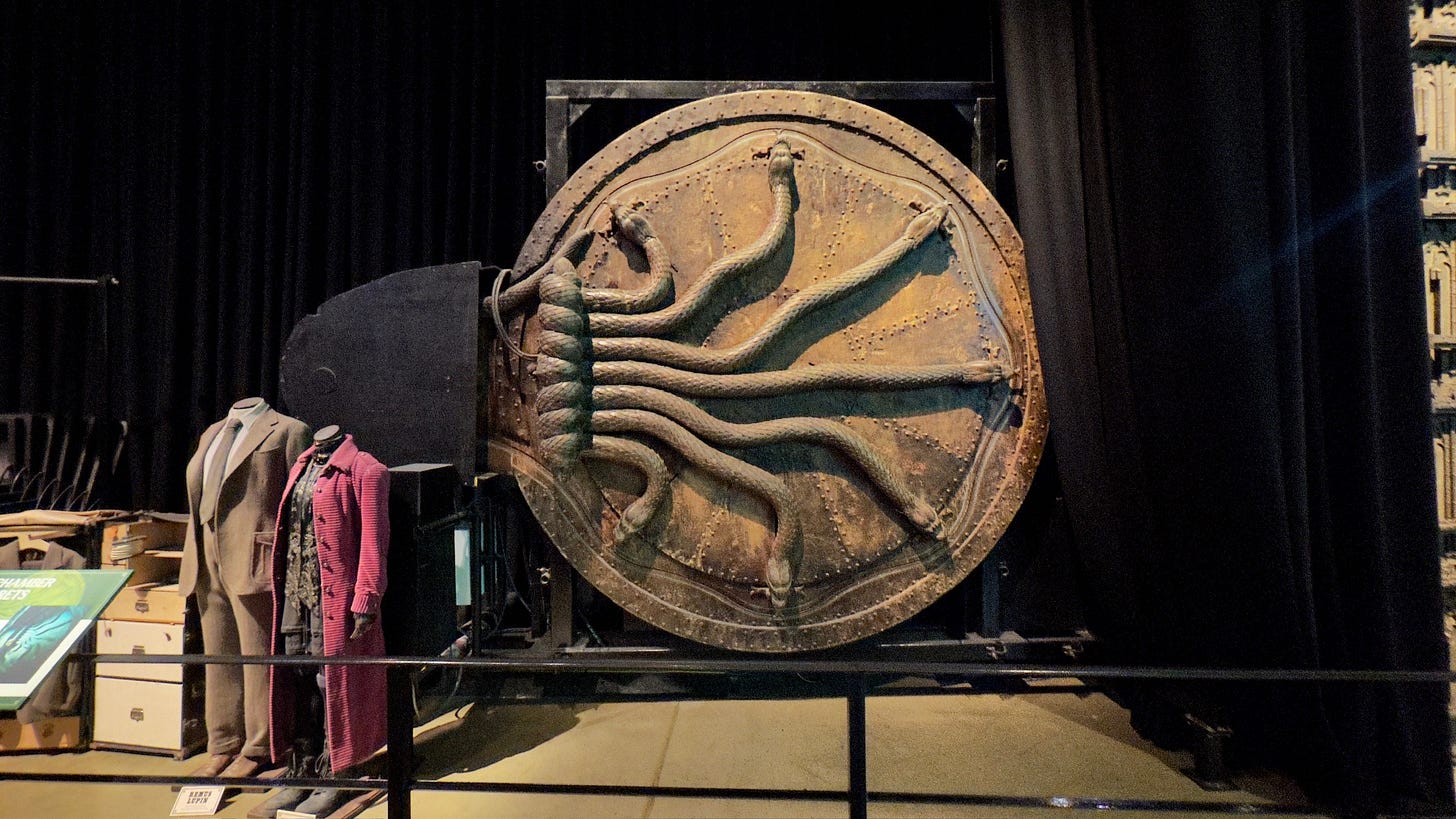Finding joy in busy lives: New research from Perlow, Mentser and Affinito
Spending your free time deliberately makes for happier time
In REST I talk about the importance of leisure and downtime for helping us be more creative and building more sustainable careers and lives. One key to that is finding hobbies, or other ways to spend your non-work time, that are engaging and fulfilling. This is true for everyone, but especially important for people who are either inclined to overwork if they don’t have something else interesting in their lives (like academics and scientists), or who work in high-stress, unpredictable jobs (like nurses or police). They need things that are as absorbing as work, though in different ways.
Recently Leslie Perlow, Sari Mentser and Salvatore J. Affinito published an article about “How the Busiest People Find Joy.” Perlow’s book Sleeping With Your Smartphone recounts a study she did at BCG about the value of taking evenings off, and how even hard-charging consulting groups had more space to do this than they recognized. Her recent work has focused on how people need joy, achievement, and meaning to have fulfilled lived, but the people she studies (essentially, people who read the Harvard Business Review) regularly over-index on achievement, and pay too little attention to joy.
(You’d think the question “what brings you joy?” would be as easy for most people to answer as “what’s your favorite ice cream flavor?” The reality is more complex. What sparks joy in one phase of your life might not inspire you in another. Even when we have a good idea of what would bring us joy, busy schedules or ingrained habits can make it hard to put it into practice.)
Perlow’s research has three findings that overlap with REST.
First, the people I wrote about in REST discovered being deliberate about your rest— deliberate about how you layer work and rest in your day, in how (or with whom) you spend your leisure time, and what hobbies you choose— makes a difference in both their work and their lives. Likewise, Perlow finds that “what people did with their extra time was more important than how many hours of it they had” (emphasis added) in determining how much joy they got from their leisure time.
Second, Perlow outlines “five strategies that will help you get more out of your free time:”
Engage with others. We generally get more out of our leisure time when we spend it with others. Of course, there are exceptions: people who spend a lot of time at work dealing with other people (like teachers or sales workers) might find not having to interact with anyone more restful, and taking young children on outings is not as leisurely as doing things with grown-ups who you’re not responsible for.
Avoid passive pursuits. Most of the time you’ll get a bigger recharge doing something active than passive. As I write in REST, “physical activity is more restful than we expect, and mental rest is more active than we realize. For a surprising number of creative people— including people in professions we usually think of as dominated by nerdy, bookish people who don’t see the sun for weeks— strenuous, physically challenging, even life-threatening exercise is an essential part of their routine…. Serious exercise helps keep their bodies operating at their peak, which in turn keeps their minds sharp and gives them the energy to do difficult work.”
Follow your passions. “Joy in free time comes naturally when we let it remain free—from obligations, societal expectations, and the pressure to do what’s ‘good for you,’” Perlow et al. write. For them, this means that if you’re charged up by something that others would consider quirky or odd or somehow out of character, so what? In REST, I talk about how good it is to have hobbies that let you exercise a sense of control; that’s also true for having control over the time and how you choose to spend it. If making dioramas of Pacific Island military installations during World War II is utterly absorbing, or you love Scottish ceilidh dancing, go for it!
Diversify your activities. Doing different things brings more joy than concentrating on one big thing. Lots of highly creative people I write about in REST have a major interest outside the work they’re known for, but they’re lot exclusively devoted to that thing: David Bowie was a painter, but also acted and read very widely; Niels Bohr was a serious skiier and soccer player, and took up sailing later in life. Perlow et al also find that spending 6-8 hours per week on a hobby brings peak psychological reward; after that, the benefits start to decline.
Protect your free time. Yes, quality matters more than quantity, but you can’t have quality without quantity. So don’t scrimp on your leisure time. “For every additional hour people devoted to work each week,” Perlow et al find, “their sense of joy in life decreased, whereas when they used that hour for leisure activities like hobbies, exercise, catching up with others, or eating and drinking with friends and family, they experienced greaterhappiness.”
Finally, Perlow et al make a point that I try to emphasize:
While we encourage the setting of clear boundaries between work, family duties, and leisure, what happens in one domain inevitably spills over into the others. When people use their free time ineffectively, it leaves them feeling exhausted and empty—and less capable of finding achievement, meaning, or joy at work. But when they instead use the few extra hours they have in the day to find joy, it improves their outlook and their performance in their personal and professional lives…. [People] who reported more joyful free time found greater value, purpose, and success in their jobs, further enhancing their life satisfaction. They’d created a virtuous circle.
While our experience at work inevitably affects our non-work lives, and vice versa, that doesn’t mean that we should let them all run together. The downside to not having strong boundaries between work and non-work time is that, in the fast-forward all-absorbing economy that we live in, when we try to blend work and life, work ends up taking over our lives: we think we can contain it in neat blocks, but it rapidly tuns into a fine powder that spreads across our calendar. Maintaining space between them, and having time when we’re super-focused on work at work, and able to focus on other things when we’re off the clock, makes both work and free time better, and helps us be better at both.





Great article Alex!